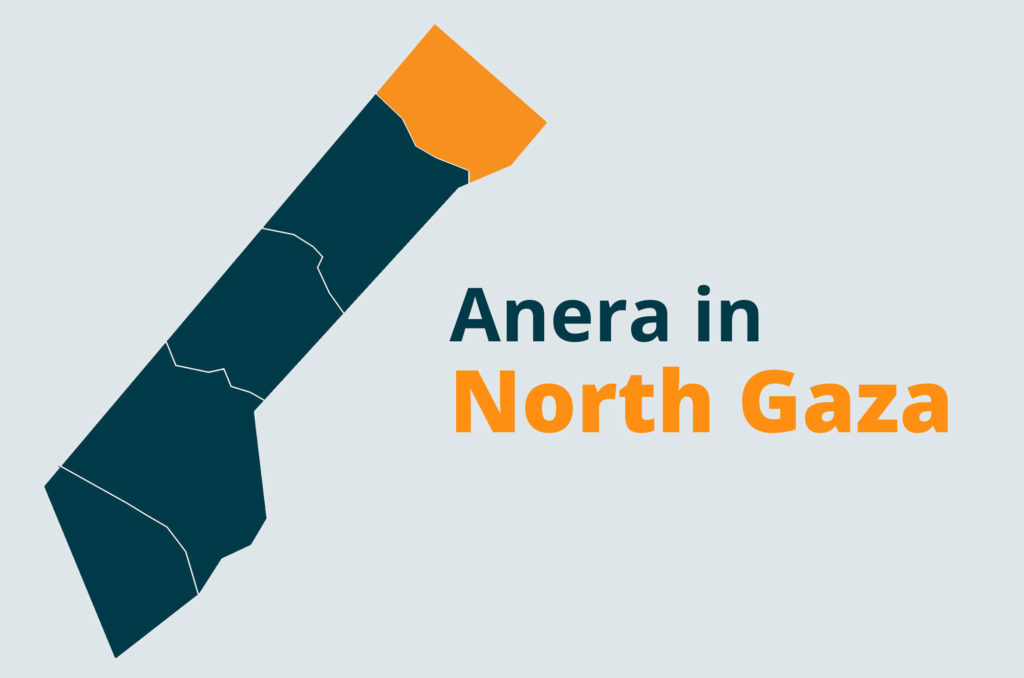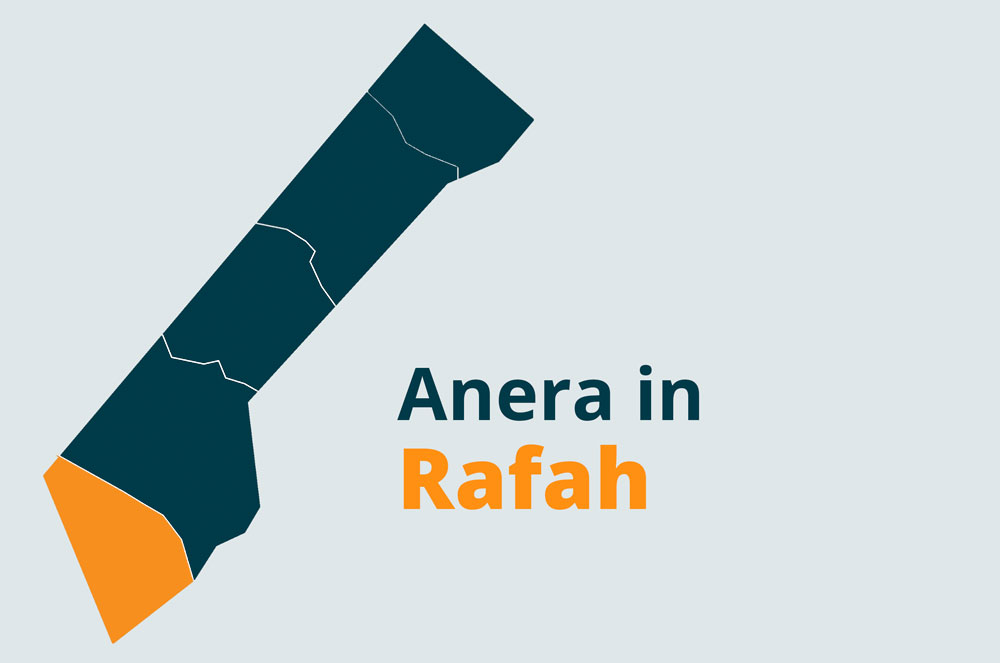Apr, 2010
On a bright morning in mid-April 2009, workers fan out into verdant strawberry farms to remove plastic waste.
The northern Gaza, which is mainly dependent on agriculture, has been gravely deteriorating because of the closure of Gaza’s borders and the recent bombings.
Farmers have completely or partially lost the profits of the last season as they were not able to export their products to markets outside of Gaza. This year, many fields cultivated with strawberries were affected by white phosphorus shelling.
“I don’t want to lose all the season’s crops; it is very hard to even think about it,” said a farmer whose strawberry field had been greatly affected. Last season, he had to cultivate onions instead of strawberries as an alternative measure to avoid a financial catastrophe.
“After the removal of the plastic waste, I will finally be able to plough the land and grow watermelons,” said the farmer.
Through the project, Anera is employing 30 workers and is creating 4,500 days of work.
“I have five kids to take care of. I had been unemployed until this project came along. Since I live nearby, working here is very convenient for me and I can also save money,” said Emad, one of the workers.
By the end of the project, hundreds of acres will be cleaned of plastic waste and readied for cultivation. Farmers also will be educated about environmentally friendly methods of disposing waste.
“If farmers bury the plastic waste, it will harm the land, and if they burn it, it will defuse toxic and suffocating gasses into the air which will harm the ozone layer,” said Ali Sabe’, site engineer
The piles of plastic waste will be sent to a local factory for recycling into piping for water and electricity. The recycled material sells for a good price, which keeps the factory and its employees in business during these current difficult times of siege and poverty.
This project is made possible through private funds. The total budget is $100,000, with $50,000 donated by the U.S. Organization for Medical and Educational Needs (U.S. OMEN) and $22,000 from the Firedoll Foundation.


